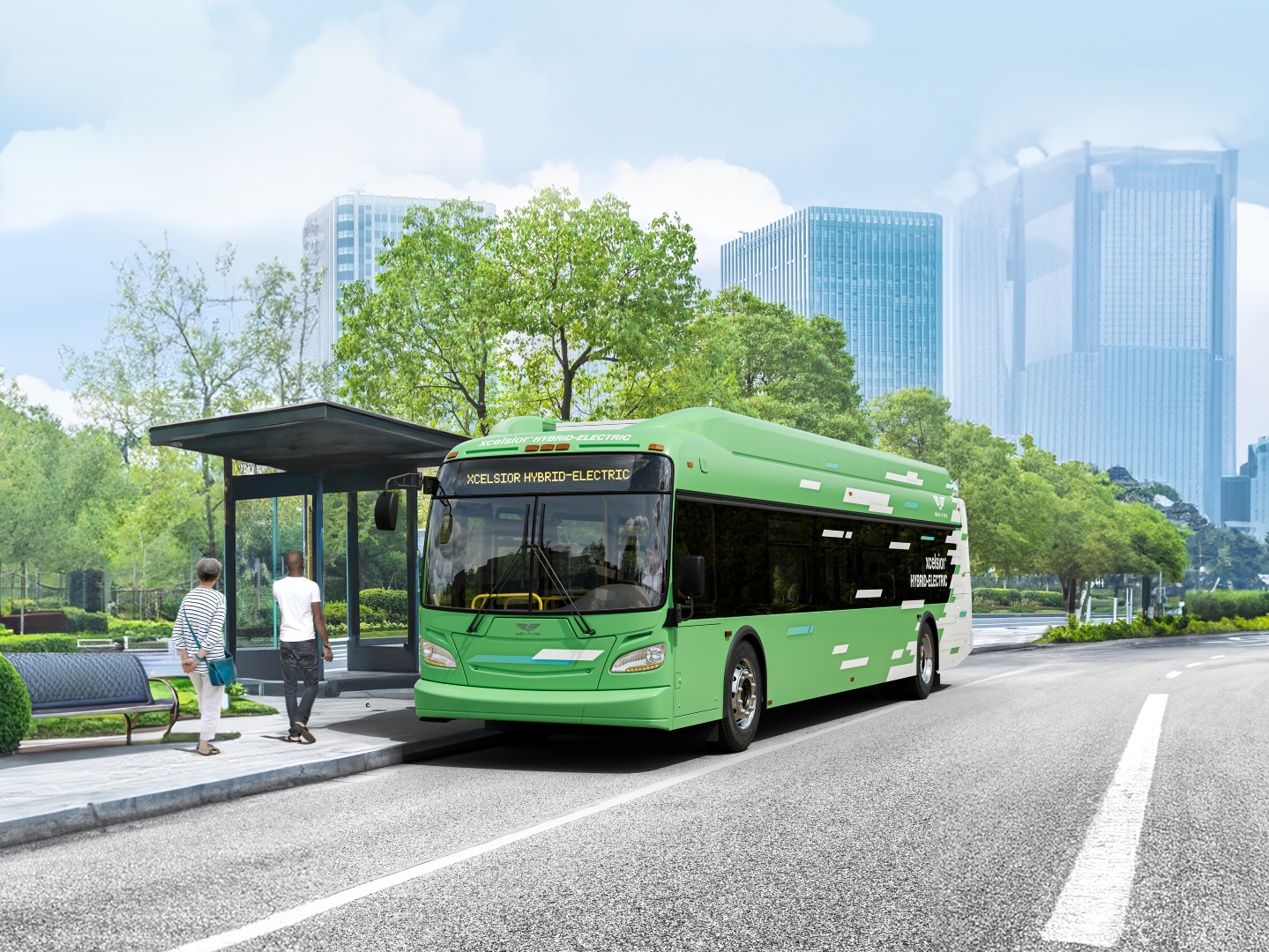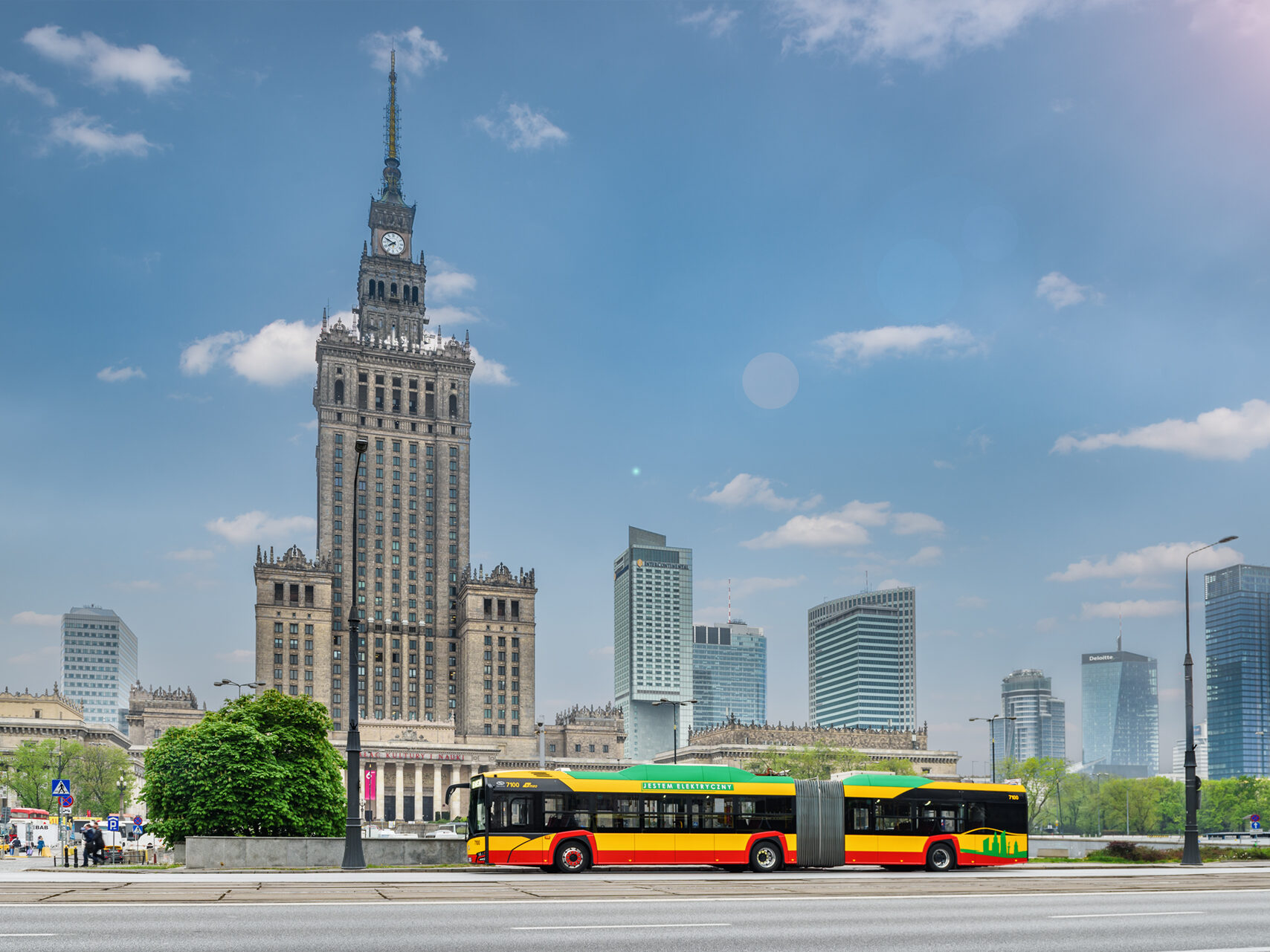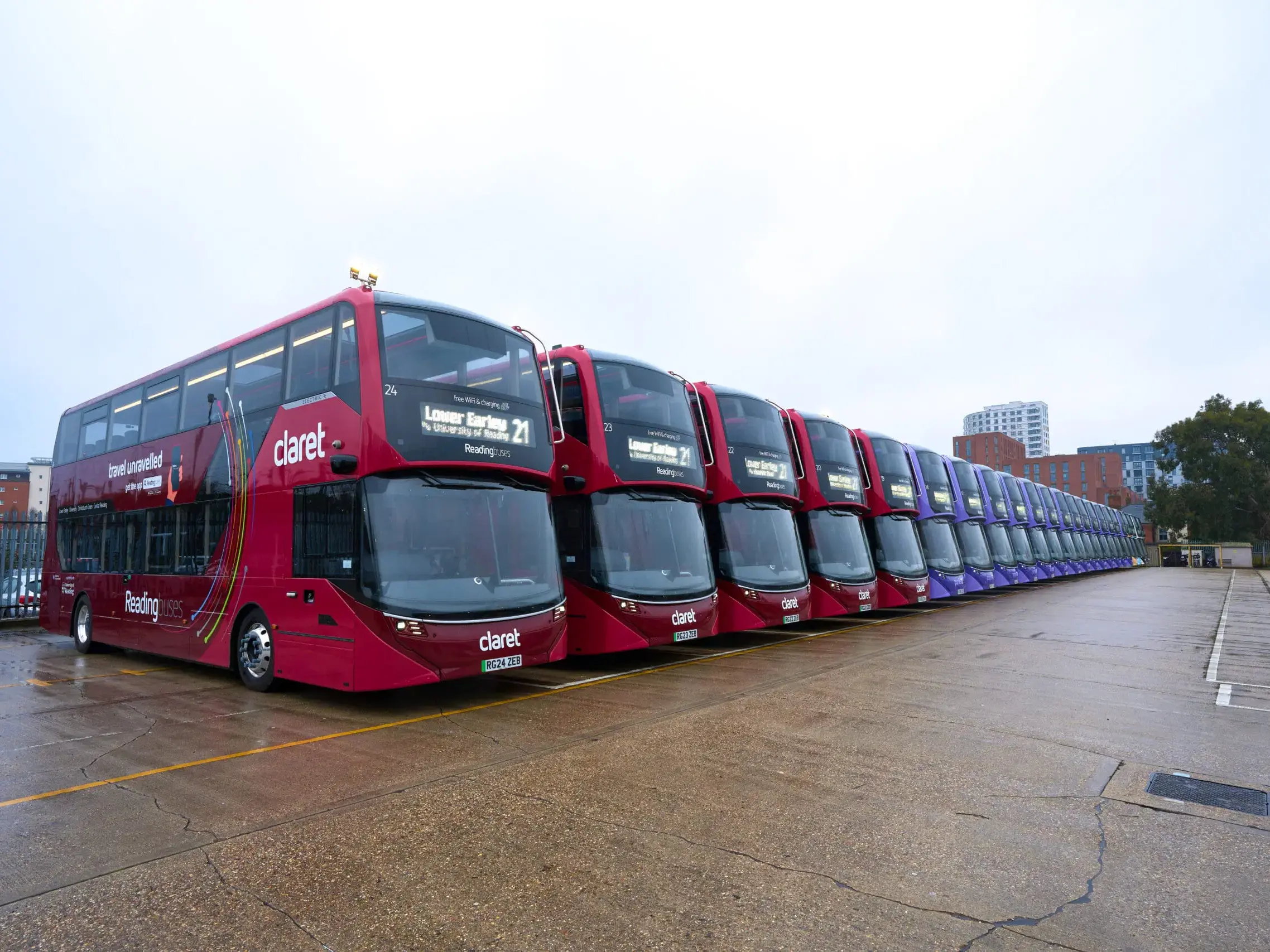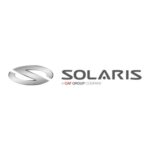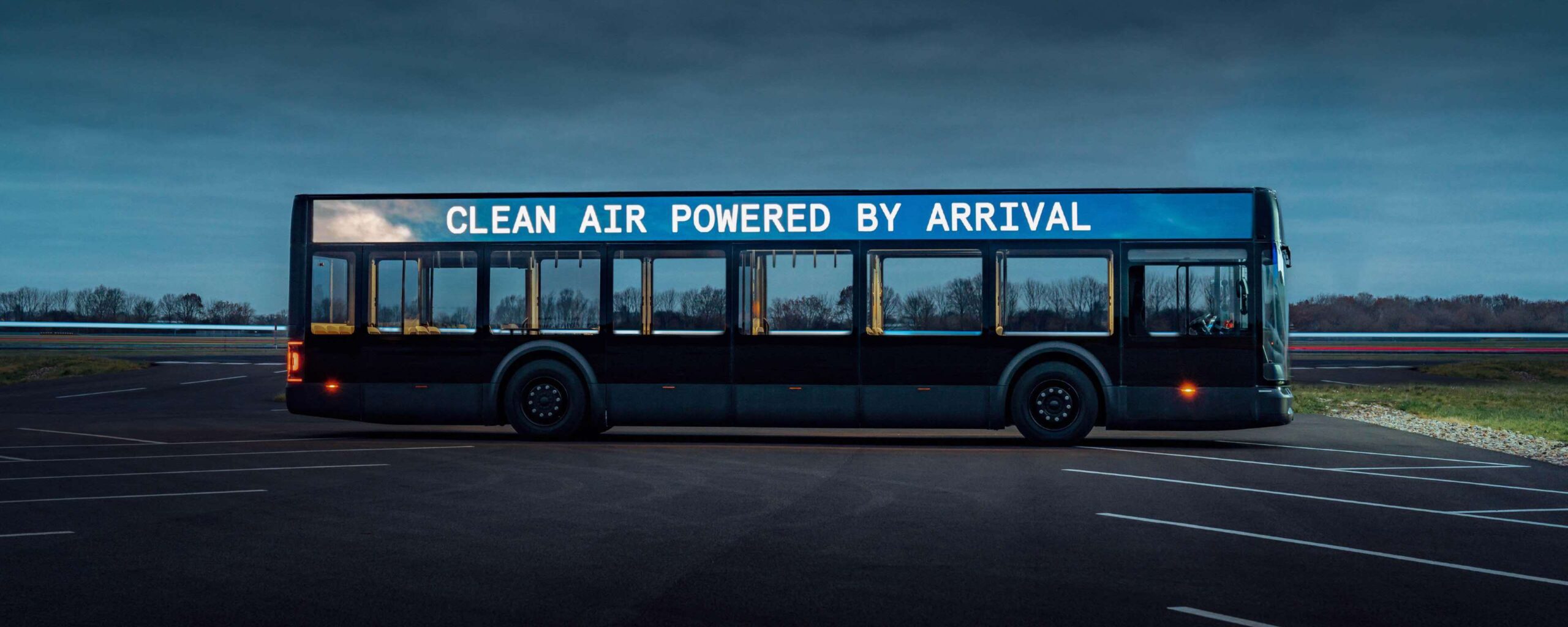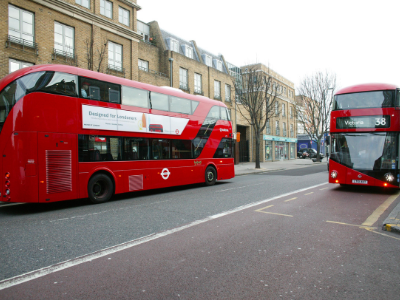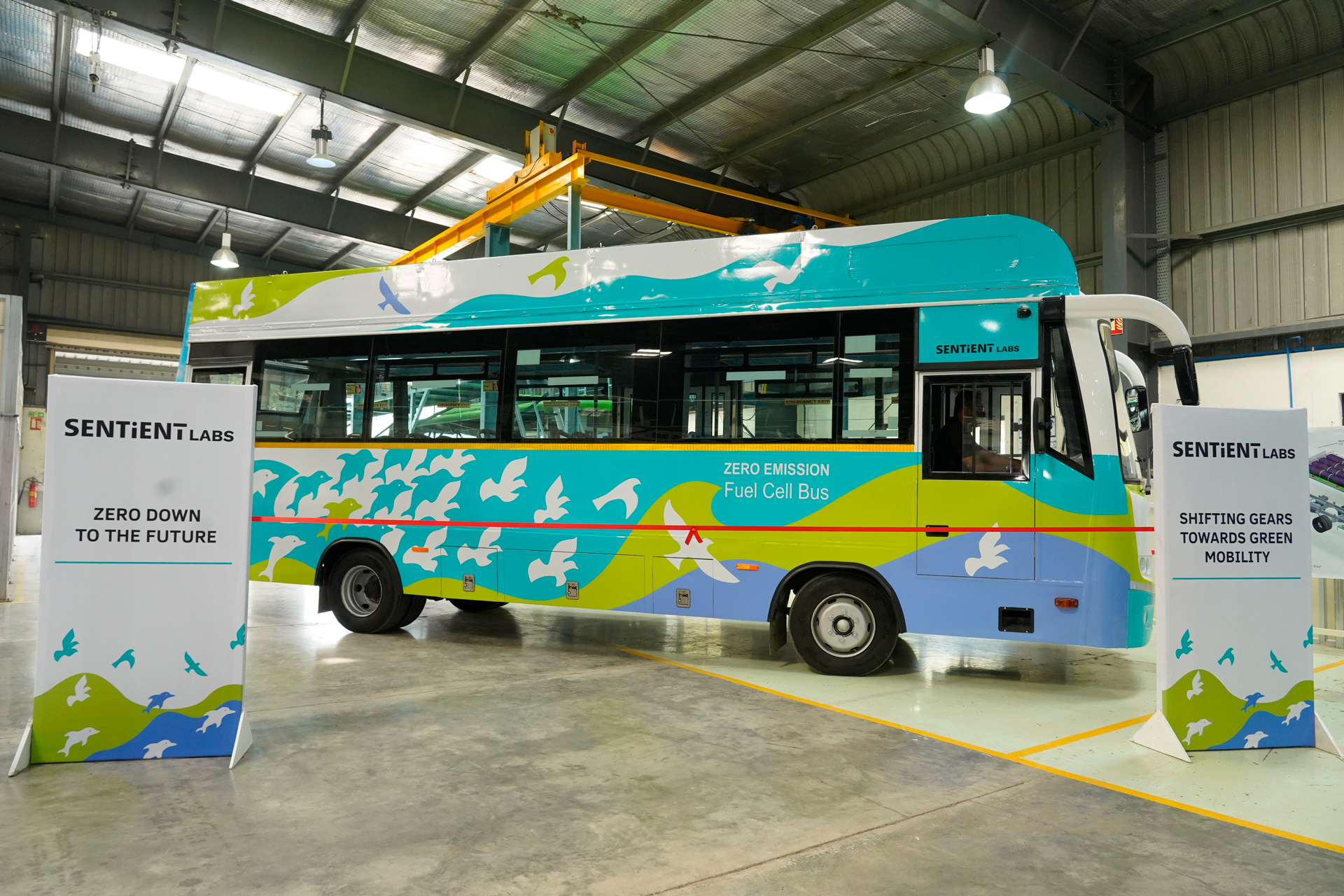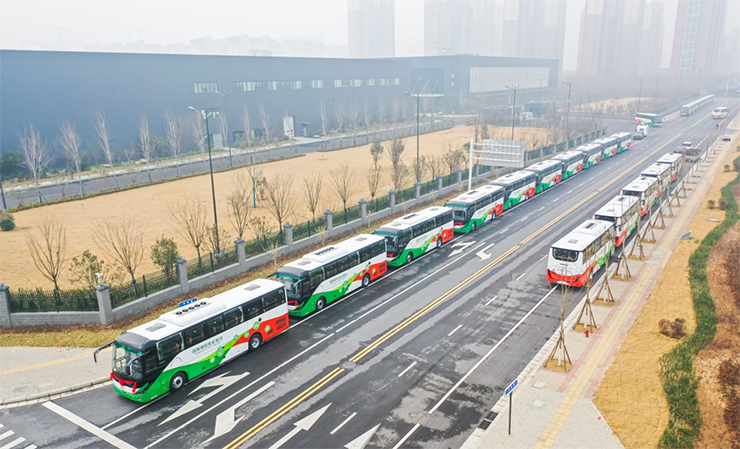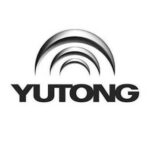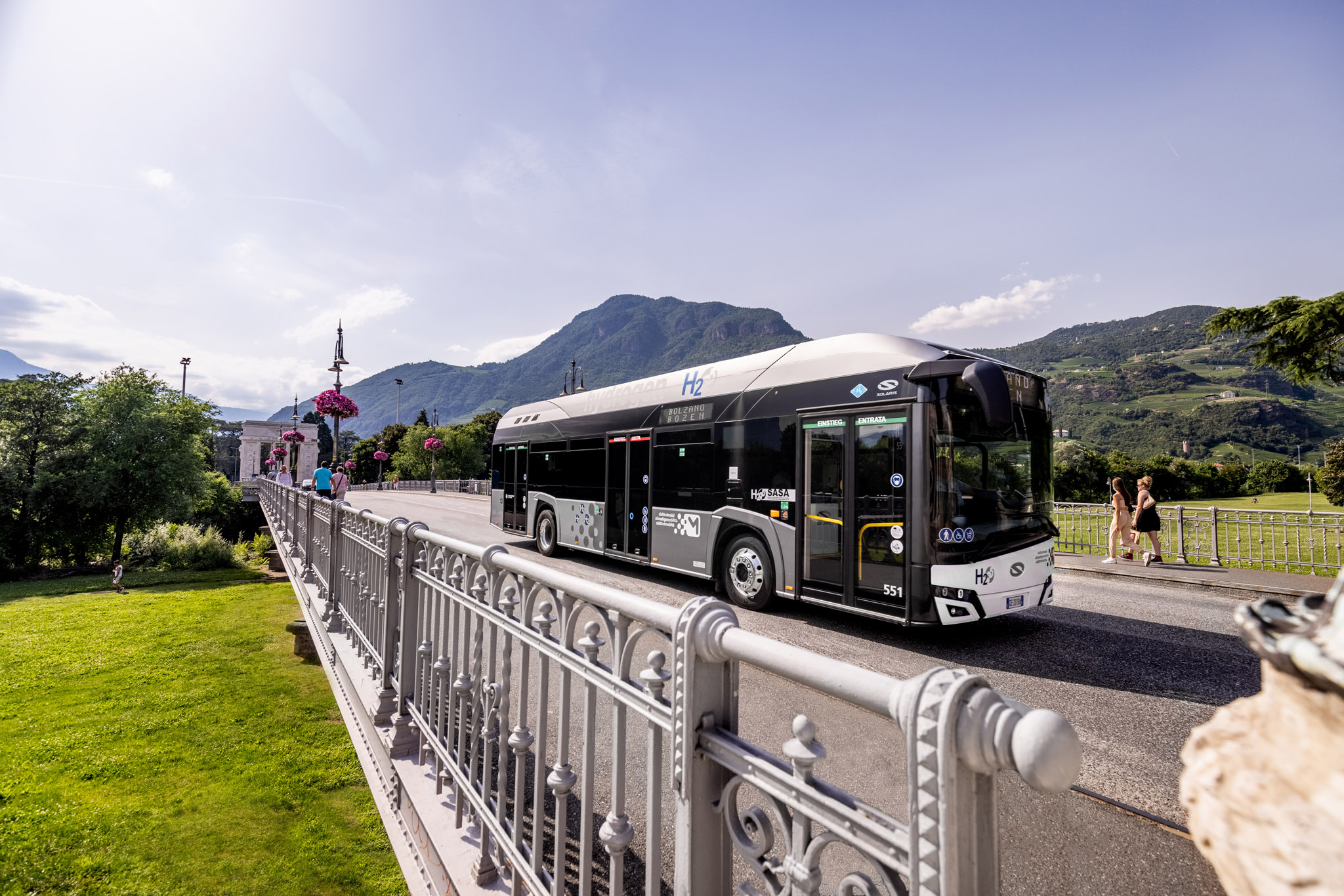National Express Hydrogen Buses Out in Service in the West Midlands
- Hydrogen-powered buses are carrying passengers on the streets of the West Midlands for the first time.
From Monday 6 December 2021, Birmingham City Council’s 20 zero-emission double deckers started to roll out in service on National Express West Midlands route 51 to Walsall via Perry Barr. Outside London, these are the only hydrogen buses operating in England.
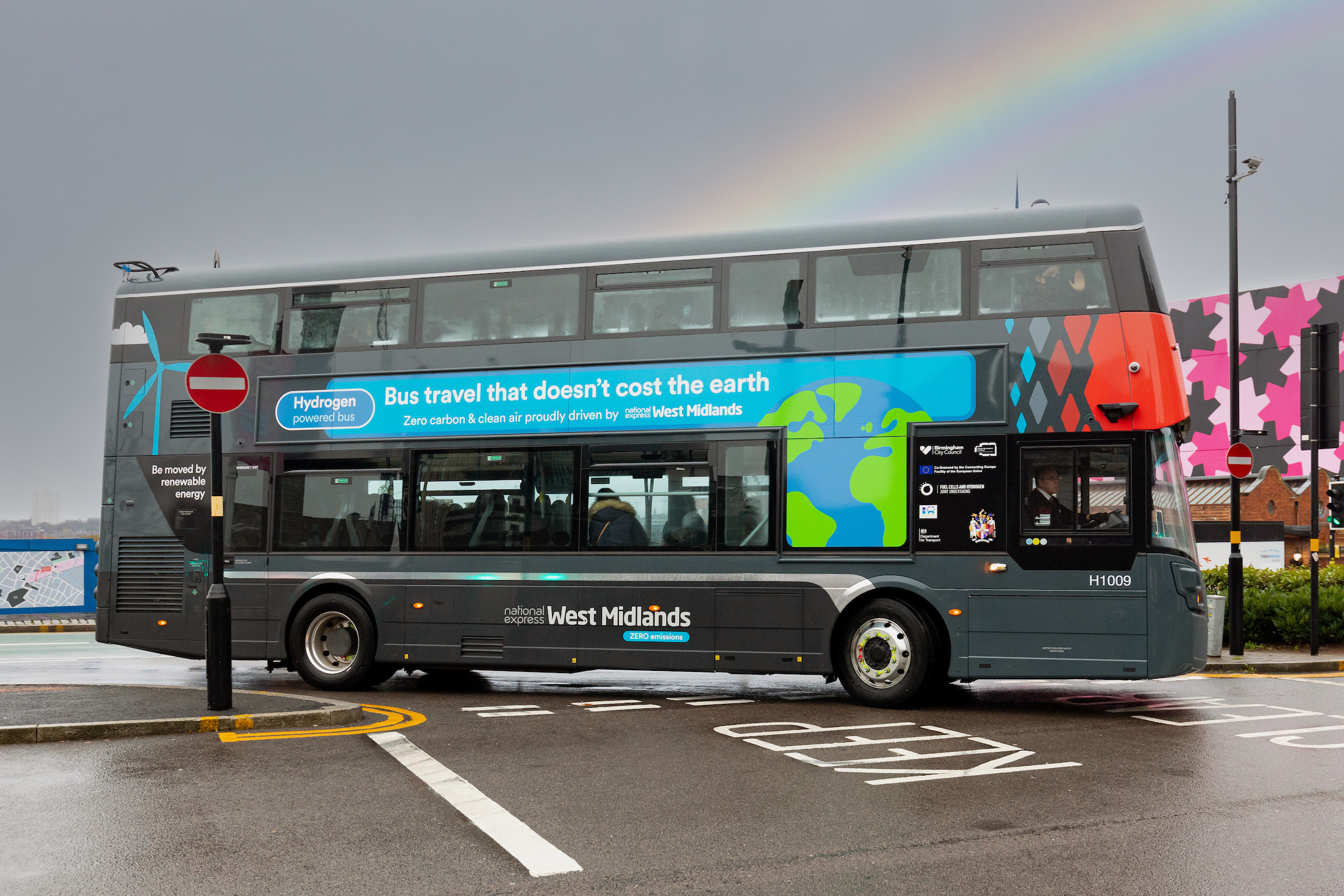
Birmingham City Council’s Cabinet Member for Transport and Environment, Councillor Waseem Zaffar, said:Birmingham City Council’s zero-emission green-hydrogen bus fleet provides an innovative solution for cities that want to decarbonise public transport. They should immediately improve air quality and help us work towards Birmingham’s target of net-zero carbon emissions by 2030.
Birmingham residents may feel assured that their city is playing a leading role in actioning policies and informing debate about zero-emission public transport at local and national level.
The new buses have been purchased as part of the Council’s Clean Air Hydrogen Bus Pilot, which is taking a leading role in the zero-emissions logistics market.
- These brand-new luxury specification buses are made by Wrightbus in Northern Ireland.
- Hydrogen buses only produce pure water vapour from their tailpipes – no exhaust, no fumes.
- These 20 hydrogen buses will save 631kg of poisonous NOx emissions per year.
- They will also prevent 1,560 tonnes of carbon from going out into the atmosphere.
- Hydrogen buses can run for 300km on a single tank.
- They can be fully refuelled in 7-10 minutes.
- Drivers have to be specially trained to drive hydrogen buses because they behave differently to combustion engine-driven buses. Bus drivers learn to preserve the fuel cell charge for as long as possible to extend how far the vehicle can go before needing refuelling.
Managing Director of National Express West Midlands, David Bradford, said:The West Midlands already has the cheapest bus fares in England - just £4 via contactless for a daysaver; and now we are running the very greenest buses, emitting just water droplets from the exhaust pipe. It’s a great deal for our customers - just by getting the bus, they’re saving money and saving the planet.
These state-of-the-art buses are a sign of our commitment to sustainability. National Express bought our last diesel bus in 2019, and our goal is that the whole fleet will be zero-emission by 2030. So we're working with Transport for West Midlands to get hundreds more electric and hydrogen buses on routes across Birmingham, Solihull and the Black Country.
Birmingham’s Clean Air Hydrogen Bus Pilot will be the catalyst for the next generation of hydrogen buses, hydrogen production and re-fuelling infrastructure development.
The project is funded through OLEV (Office for Low Emission Vehicles), GBSLEP (Greater Birmingham & Solihull Local Enterprise Partnership), Birmingham City Council and JIVE project funding from the FCH JU (European Funding from the Fuel Cell Hydrogen Joint Undertaking) under grant agreement No 735582. The FCH JU receives support from the European Union’s Horizon 2020 research and innovation programme, Hydrogen Europe and Hydrogen Europe Research.
The council are also collaborating with ITM, who are producing and dispensing the hydrogen fuel from the new re-fuelling hub at Tyseley Energy Park.
This article was originally published by National Express Group PLC.











